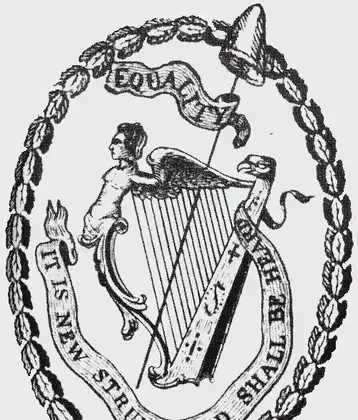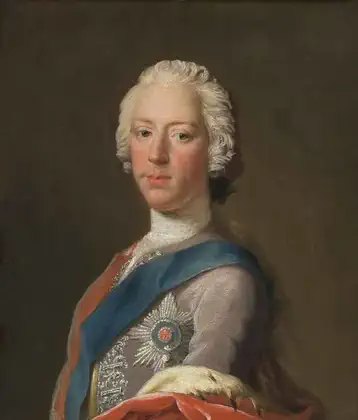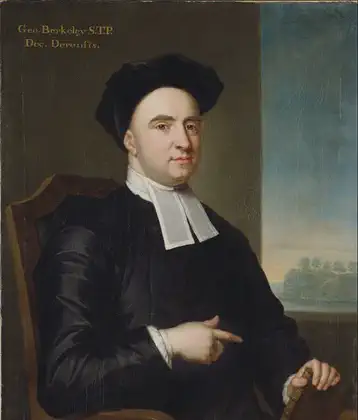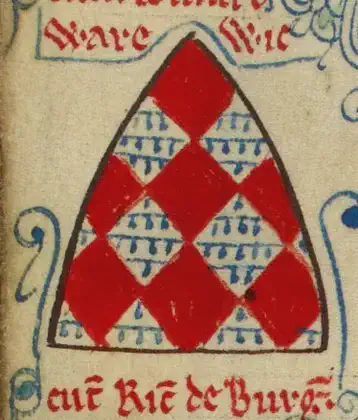On March 12, 1832 in Celtic History
Capt. charles boycott, despised english estate manager in ireland, born
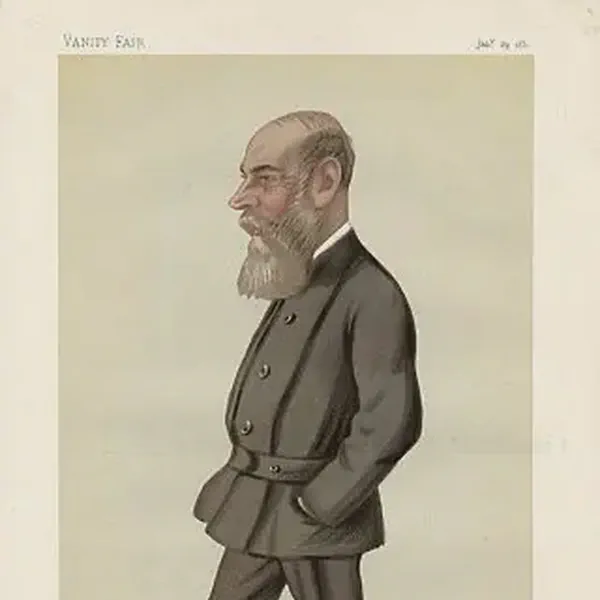
Captain Charles Cunningham Boycott, the English land agent in Ireland whose name became synonymous with ostracism, was born on March 12, 1832, in Norfolk, England. Boycott worked as an estate manager for Lord Erne in County Mayo, Ireland. During the Irish Land War in the late 19th century, a period marked by agrarian unrest and the struggle for land reform in Ireland, Boycott became a focal point of conflict due to his role in enforcing evictions and high rents on behalf of the absentee landlord.
In 1880, after Boycott sought to evict tenant farmers who were unable to pay their rents, the local community, encouraged by the Irish National Land League, initiated a campaign of social ostracism against him. Workers refused to harvest the crops on the estate, local businesses would not serve him, and the local postman stopped delivering mail to him. The campaign against Boycott was so effective that he was eventually compelled to hire workers from elsewhere in Ireland, under the protection of the British army, to harvest the crops.
The term “boycott” was coined by the Irish nationalist and Land League organizer, Father John O’Malley, and quickly entered into the English language to describe the act of refusing to buy, use, or participate in something as a form of protest.
Charles Boycott’s experience in Ireland became a significant symbol of the power of collective action and the struggle for land reform in Ireland. Despite being ostracized, Boycott later returned to England and lived there until his death in 1897. The legacy of the term “boycott” continues to be a testament to this period of Irish history and the broader concept of non-violent protest.
More From This Day
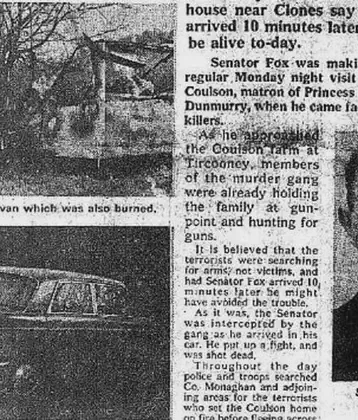
Billy Fox, Prostestant Irish Nationalist senator from Monaghan, assassinated
March 12, 1974
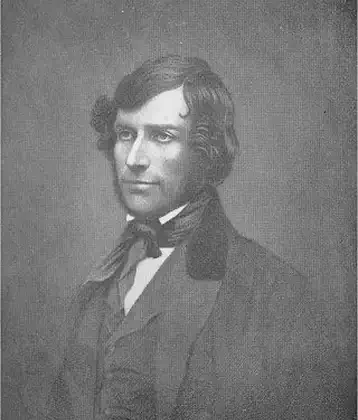
MP for Tipperary, John Mitchel is re-elected on this date, dies eight days later
March 12, 1875
